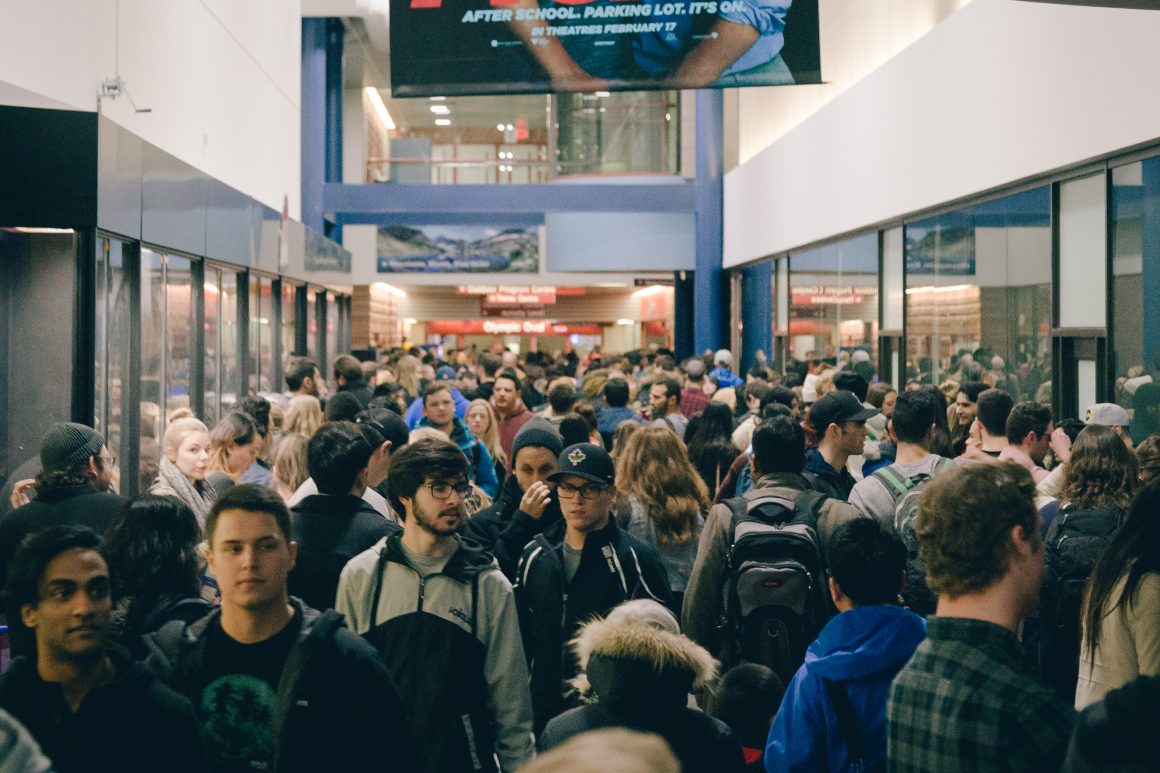
The 10 biggest news stories at the U of C in 2017
Recap by Ashar Memon, December 28 2017 —
2017 proved to be an eventful year at the University of Calgary. From visits by politicians to discriminatory messages around campus, here are the top 10 things that happened at the U of C over the past year.
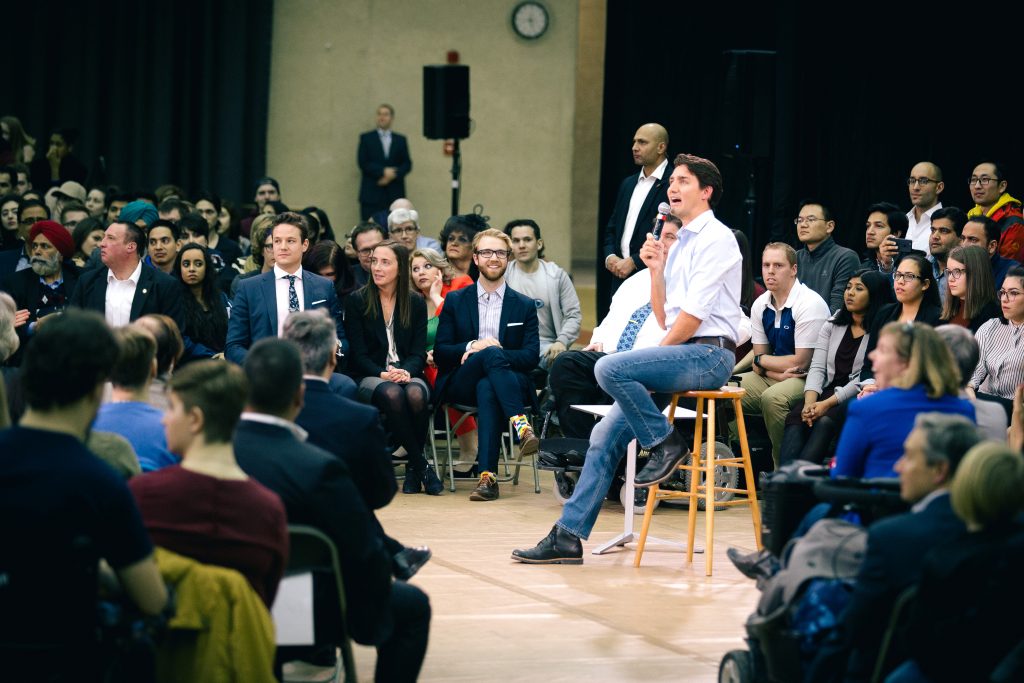
1. Prime Minister Justin Trudeau visited the University of Calgary in January, receiving reactions from students and community members. The town hall was the eighth stop on Trudeau’s cross-country listening tour, with the U of C visit coming after a three-day cabinet retreat. Trudeau repeatedly said he is highly committed to Alberta and will “keep coming back.” Trudeau answered audience questions about trade with the United States, oil sands and Alberta’s economy.
2. Applications from American students to the U of C saw a sharp increase during the 2016–17 admissions cycle. While it wasn’t immediately clear what led to the influx, the U of C said their website saw increased traffic from American IP addresses since the 2016 United States presidential election. Amid U.S. President Donald Trump’s travel ban in February for travellers from seven predominantly Muslim countries, the U of C also announced it would waive its application fee for those impacted by the ban.
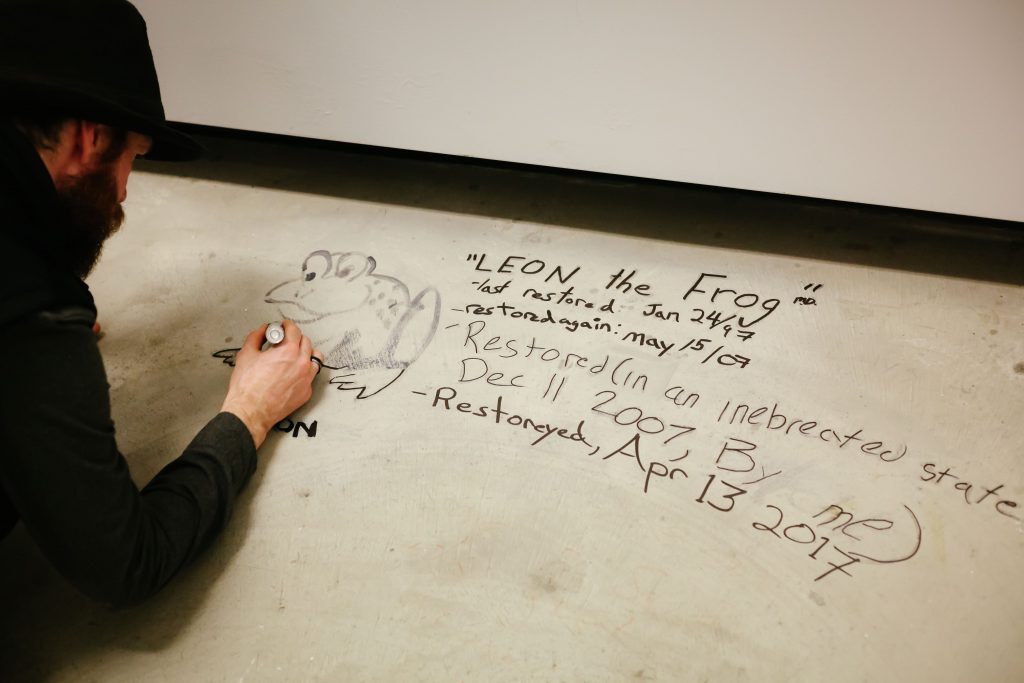
3. In March, workers tasked with removing graffiti from the Social Sciences tower accidentally painted over “Leon the Frog,” an iconic poem first written in 1974 on steps leading up the 13-storey building. Its legacy was not lost, however, as more than 30 U of C students, alumni and faculty restored the poem in April, while also adding a new plaque and mural to commemorate the tale.
4. After two years of development, the U of C’s Sexual Violence policy was unanimously approved and implemented by the Board of Governors in June. The policy, which was open to student consultation in January and February, also saw the creation of a sexual violence support advocate position, filled by Carla Bertsch. It is meant to be the first point of contact for those who have experienced sexual violence. Prior to this, the U of C’s sexual harassment policy was last updated in 1990.
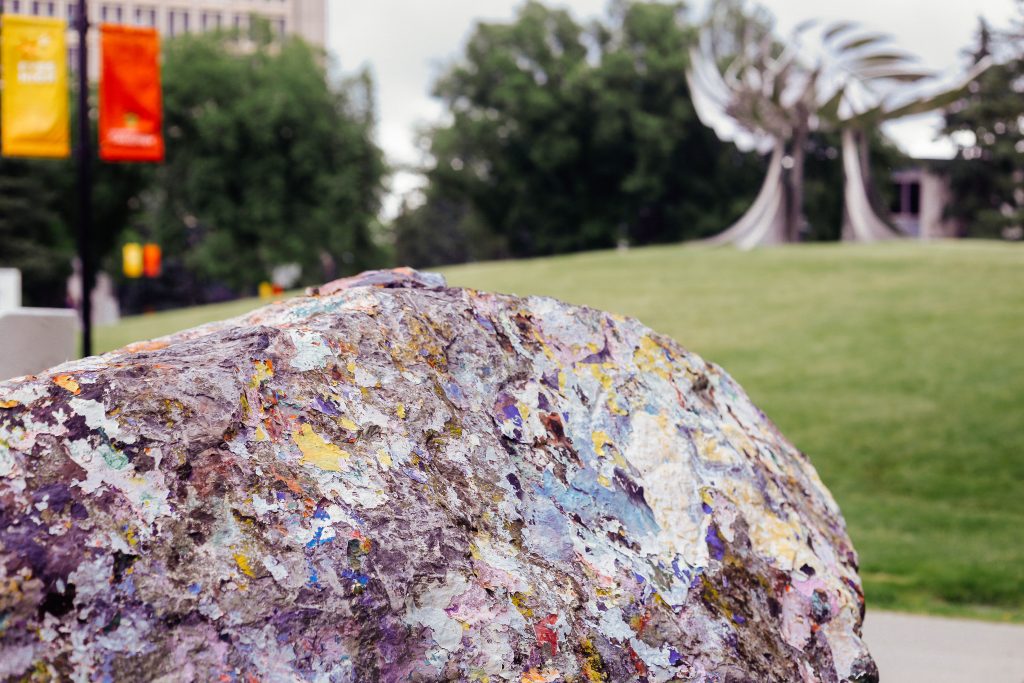
5. The Rock proved to be a controversial campus fixture in 2017. In June, students stripped multiple layers of paint off the campus Rock, saying that they hoped to start a clean slate for discourse on campus after a slew of political messages appeared on it the previous year corresponding to the 2016 U.S. presidential election. The Rock continued to draw attention and controversy for discriminatory messages appearing on it. In September, paintings celebrating LGBTQ pride were vandalized on the morning of the Calgary Pride Parade, and later that month the rock bore a confederate flag along with the words “Robert E. Lee did nothing wrong.” In November, the words “It’s okay to be white” appeared on the Rock, as well as on posters around campus. The U of C initially released a statement saying “the concept of freedom of speech is a foundational principle of all great universities.” The university later released a statement attributed to vice-provost student experience calling the posters “inherently racist.”
6. The U of C fell from 196th to 217th on this year’s QS World University Rankings — slipping out of the top 200 to its second-lowest rank ever. The U of C cited the addition of new institutions to the ranking as a reason for the decline, but only two of the new additions ranked above it. Critics blamed president Elizabeth Cannon’s administration, particularly her relationship with energy company Enbridge as revealed by a CBC investigation. While an internal review cleared Cannon of any fault, a report released in October by the Canadian Association of University Teachers asserted that the U of C compromised academic freedom through its relationship with Enbridge and that Cannon’s position on the Enbridge board constituted a conflict of interest.
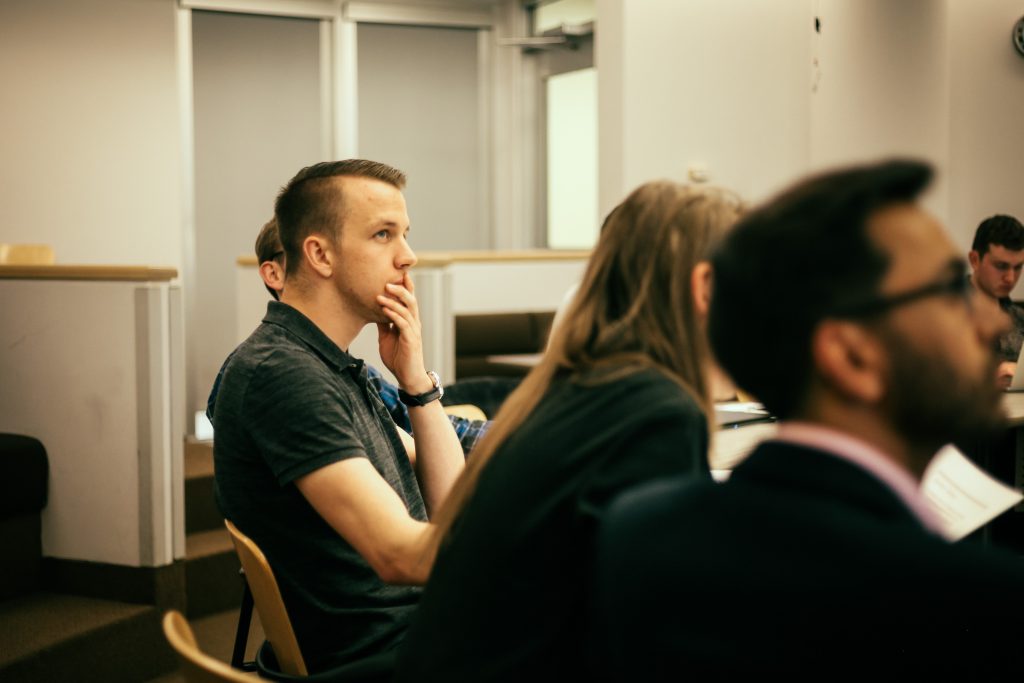
7. The Students’ Union revealed it will now provide members of the U of C administration applications for Quality Money — a partnership between the SU and the U of C to disburse over $2 million in funds for programs that enhance the student experience — prior to the SU’s Quality Money committee deciding on which projects to approve. The university and the SU justified the change by adding that the binder is provided in order to receive feedback on the feasibility of the projects. Former SU president Levi Nilson said the committee receives feedback from the university administration on project feasibility regardless. Previously, a summary report was given to the provost only after projects had been approved by the SU Quality Money committee and voted on by the Students’ Legislative Council. SU president Branden Cave said he felt that the changes were necessary in order to secure university’s future commitment to Quality Money.
8. The union representing food service workers at Aramark-run vendors on campus, including Starbucks and Tim Hortons, voted to ratify a union contract in September, ushering in new worker-friendly provisions and ending over a year of taut negotiations between the two parties since workers first unionized in April 2016. Ninety-nine per cent of voting employees casted in favour of the contract and a union spokesperson estimated that about half of its 200 staff voted. The contract will expire in 2019.
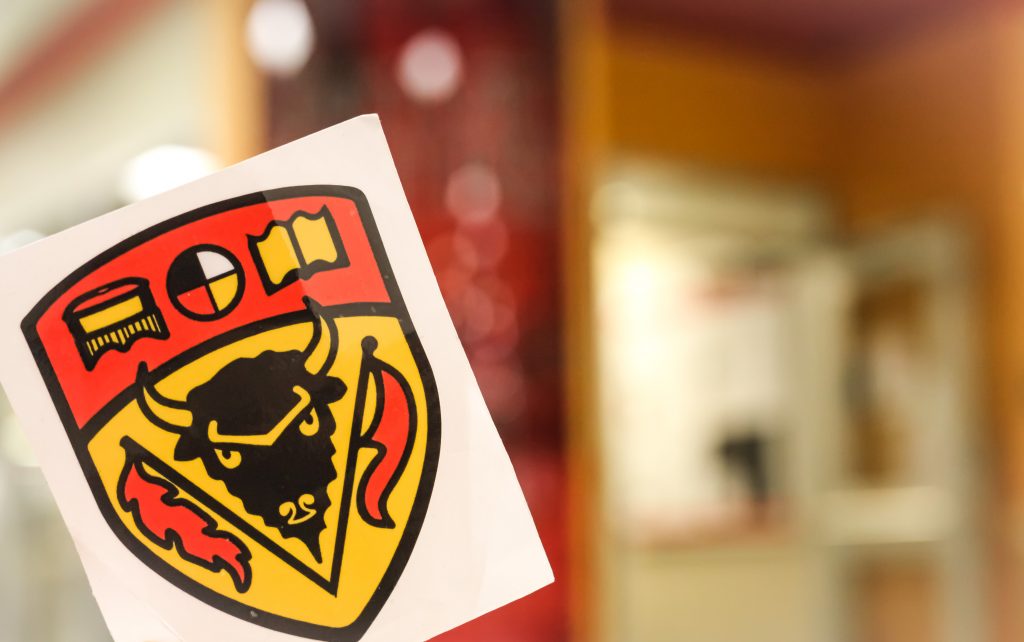
9. The U of C Board of Governors unanimously ratified its Indigenous Strategy in October, which intends to create a welcoming and inclusive environment for Indigenous learners. Over 2,200 people provided feedback through gatherings and online surveys as the strategy was being developed. The strategy was also given an Indigenous name, ii’ taa’ poh’ to’ p, which means a place to rejuvenate and re-energize during a journey.
10. In November, the Minister for Advanced Education announced that the Alberta government will extend a tuition freeze currently in place through the 2018–19 school year. The provincial government added that backfill funding would be provided to all Alberta post-secondary institutions in order to ensure students aren’t impacted by budget shortfalls. The announcement came months after a June announcement where the Alberta government pledged to invest $25.8 million into mental health initiatives at postsecondary institutions across the province over the next three years. The provincial government initially implemented the tuition freeze in order to review the Alberta tuition and fees framework. The results of the review are expected to be announced in January 2018.
